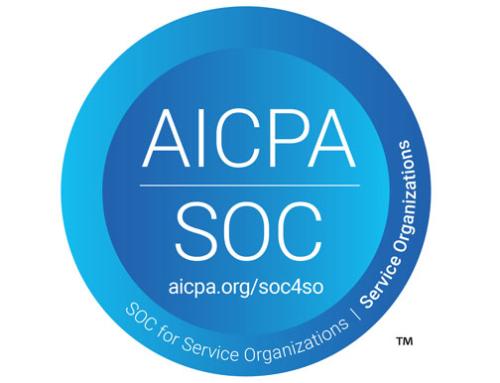For many years, hiring people with disabilities got portrayed as an act of corporate responsibility or a public relations maneuver. However, new studies prove something quite different: hiring people with disabilities is good for business.
Some companies balk at hiring people with disabilities due to unfounded fears about healthcare expenses and overall productivity. Meanwhile, roughly 25 percent of the white-collar workforce lives with a disability but does not disclose it to their employer. That scarcity of trust and fear of repercussions generally leads to a toxic work environment.
Better Performance, Better Engagement, Better Productivity
By contrast, a study of 140 American companies by Accenture found that businesses with an “inclusive working environment for disabled employees” achieved higher revenues. They also attained greater economic profit margins and twice the net income of their industry peers. This revelation blows assumptions about workers with disabilities out of the water. Inclusion improves company morale and culture, while high employee trust results in “better performance, better engagement, and better productivity.”
How are you helping your diverse workforce achieve more? As an employer, it’s your job to accommodate employees and create a community of collaboration to build teamwork and trust. Ensuring you have a modern workplace can help your team unlock their full potential. Most white-collar jobs can get done remotely as well as from the office, which improves flexibility and autonomy for employees.
At Capital Network Solutions, we can help you to modernize your workplace with industry-leading tools like Office 365 and Microsoft Teams. Contact us today at (916) 366-6566 and learn how we can help your business find and implement the right solution.
In the meantime, click below to read a Fast Company article by Jared Linzon about the high performance of companies that hire people with disabilities.





